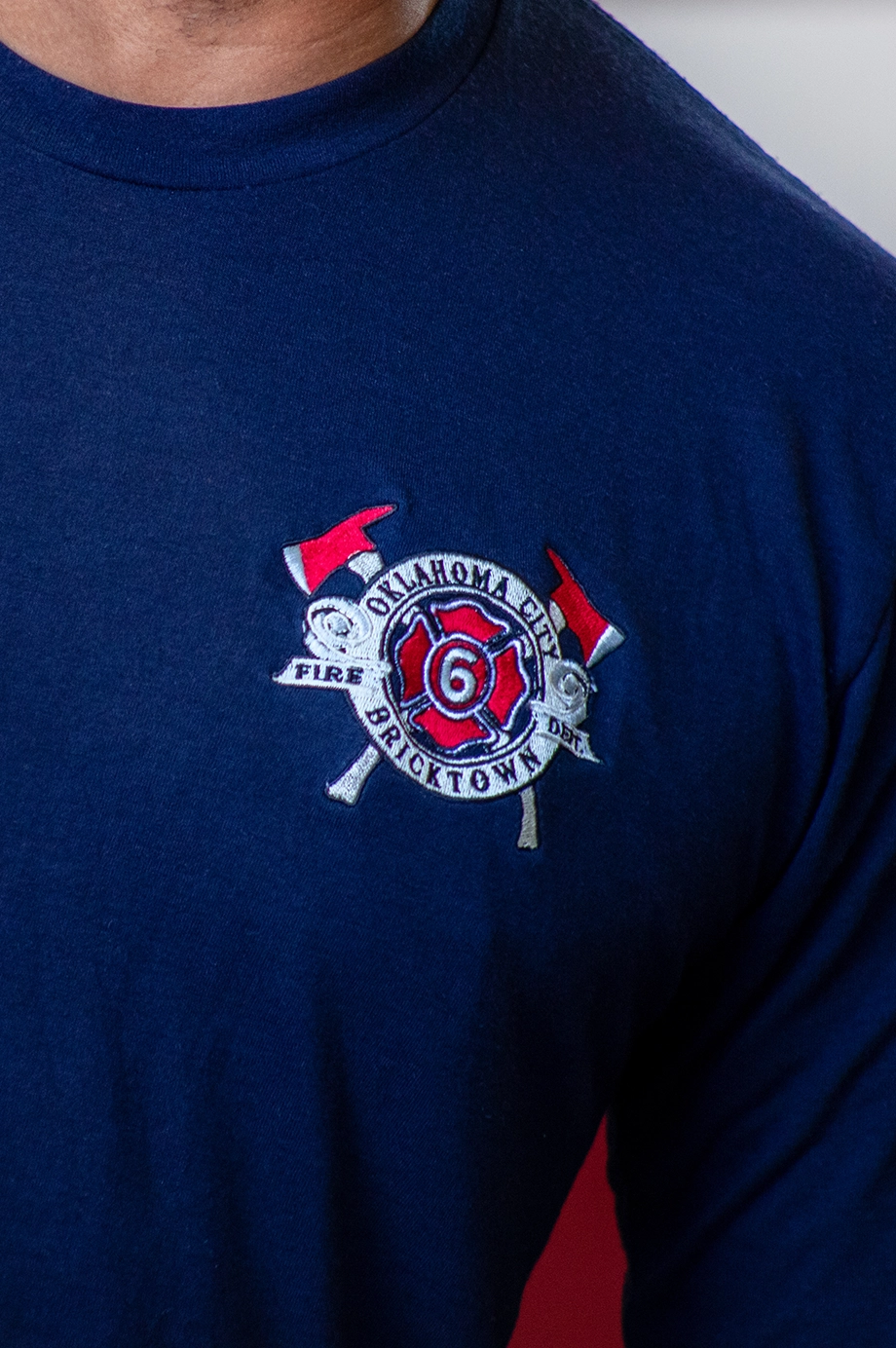Beneficiary FAQs
Frequently Asked Questions for Firefighters’ Beneficiaries
The information here can help you manage ongoing pension benefits if your spouse or parent has passed away. If you have any additional questions or need more details, please contact us.

What if a firefighter dies prior to being eligible to receive vested pension benefits?
If a terminated employee (paid or volunteer) has elected a vested benefit and dies prior to being eligible to receive the benefit, the member’s spouse or qualifying child shall be entitled to the member’s vested benefit on the date the deceased member would have been eligible to receive the benefit. An application must be made by the beneficiary to qualify to receive the vested benefit. See Section 49-101 (b) and 49-117.1 of Title 11 of the Oklahoma Statutes.
What if a retired or active member dies, and the surviving spouse wishes to apply for a continuation of the member's pension benefit?
The following must be submitted to the System:
- Application for Surviving Spouse for Pension (Form 3)
- Minutes from the local board where a local board exists
- Copy of death certificate
- Copy of marriage certificate or proof of marriage
What if a deceased member has no surviving spouse but does have a qualified minor child?
The following must be submitted to the System:
- Application for Child’s Continuation of Pension (Form 4)
- Minutes from the local board where a local board exists
- Copy of death certificate
- Copy of birth certificate
- Guardian must provide proof of guardianship
To continue monthly benefits for a child who has reached eighteen (18) years of age, the pension office requires verification that the child is enrolled full-time in an accredited school of learning. A letter is required each semester until the child reaches twenty-two (22) years of age. If the child marries, the benefit will cease.
What is the death benefit, and who is entitled to the benefit?
Pursuant to Title 11, Section 49-113.2 of Oklahoma Statutes, upon the death of an active or retired member, the pension system shall pay to the eligible spouse or designated recipient, or if there is no eligible spouse or designated recipient, to the member’s estate, the sum of five thousand dollars ($5,000.00) as a death benefit. Members who have elected a vested benefit are not eligible to receive the death benefit. The law authorizing the death benefit went into effect on July 21, 1987, and does not apply to deaths prior to that date.
The death benefit exclusion under Internal Revenue Code 101 (b) has been repealed for payments with respect to individuals dying after August 20, 1996. The death benefit is now taxable income to the beneficiary. If the death benefit is paid to the surviving spouse, a twenty percent (20%) tax is automatically withheld from the distribution. The benefit can be rolled over to an IRA to avoid the twenty percent (20%) tax, or the surviving spouse can elect a post-death disclaimer to have the benefit paid directly to a funeral home by filing a qualified disclaimer with the system. If the death benefit is paid to an individual other than the member’s spouse, a ten percent (10%) tax is withheld. However, the beneficiary other than the spouse can elect not to have taxes withheld at the time of the distribution. At year-end, the beneficiary would off set the taxes by any amount already paid.
What is the definition of a beneficiary?
“Beneficiary” means a member’s surviving spouse, child, or children at the time of the member’s death. The surviving spouse must have been married to the member for the thirty (30) continuous months preceding the member’s death, provided a surviving spouse of a member who died while in, or as a consequence of, the performance of the member’s duty for a participating municipality, shall not be subject to the marriage limitation for survivor benefits. If there is no eligible spouse, a surviving child of a member shall be a beneficiary until the child marries or reaches the age of eighteen (18) or twenty-two (22) years of age if the child is enrolled full-time and regularly attending a public or private school or any institution of higher learning. Any child adopted by the member after the member’s retirement shall be a beneficiary only if the child is adopted by the member for the thirty (30) continuous months preceding the member’s death. Any child who is adopted by a member after the member’s retirement and such member dies accidentally or as a consequence of the performance of the member’s duty as a firefighter shall not be subject to the thirty (30) month adoption requirement.
